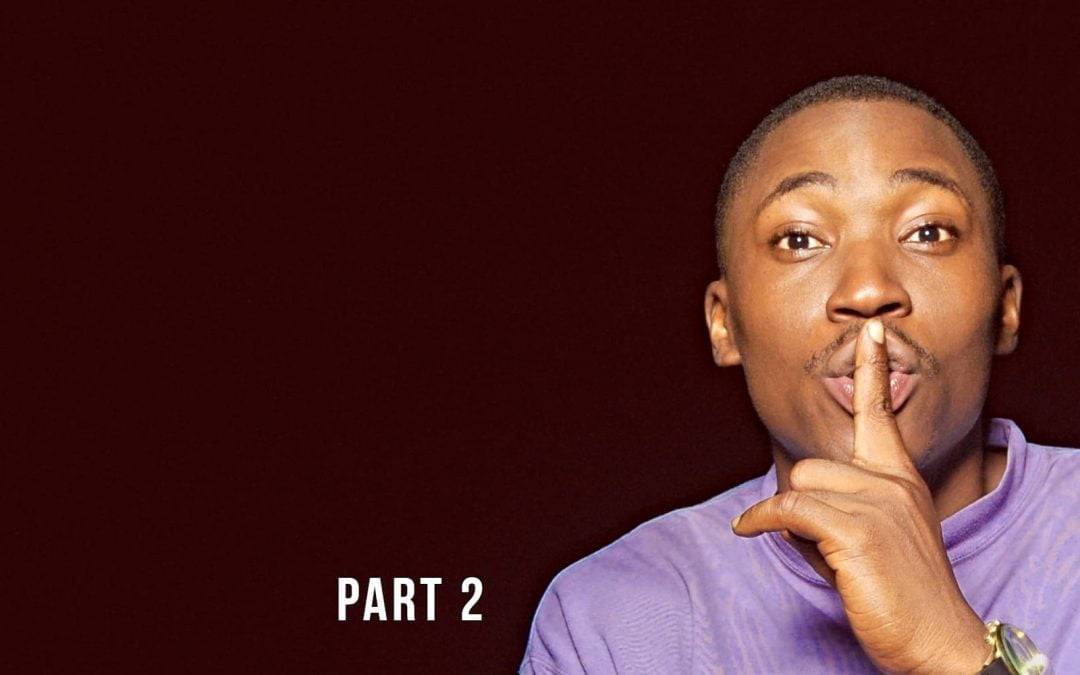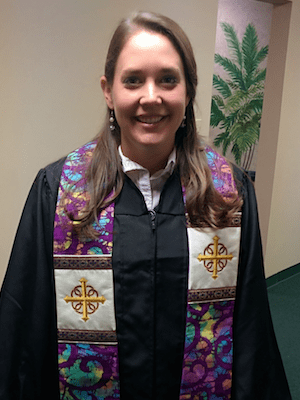As I sat in my ordination council, I knew these were questions and conversations I would always remember.
Although I hadn’t been given the questions before I met with my council, I wasn’t surprised when this question arose: “What would you say if a same-sex couple asked you to officiate their wedding?”
I asked a clarifying question in response, “If they asked me to officiate their wedding in the church or outside of my role as pastor?” The committee person said, “In the church.”
For me, this question was one that was easy to answer. “I would bring it before the church because of our congregational polity; this is something the community would have to engage and discern,” I replied.
I knew this was an important question. It was 2013 and many Cooperative Baptist Fellowship-affiliated churches and CBF-affiliated ministers were wrestling with the same question as well as the impact of the answer to that question on their churches and the minister’s ministry.
To officiate a same-sex wedding was to eliminate yourself from future positions in churches that were “just not ready” to engage the issue.
In 2015, I was asked by a same-sex couple if I would officiate their wedding. I explained I would love to meet with them and talk to them as we journeyed together toward marriage.
As we met, the conversation moved from my officiating their wedding to getting married in our church. When the couple expressed their desire to be married in our community of faith, I knew I had to bring it before the community.
We were a welcoming and affirming church. We had ordained women and LGBTQIA+ persons. I had been called as the first female pastor. In so many ways, the church was on the progressive end of the CBF spectrum.
As we walked and discussed and prayed, I consulted mentors and denominational leaders as I facilitated these conversations hoping I was providing space for the safety of the couple and also the questions and struggles of the community.
When we decided as a community of faith that we would follow our welcoming and affirming words with the action of standing as a witness to this couple, I was overwhelmed with the power and love of being community together.
I was 39-weeks pregnant with our first child and received special permission from my doctor to officiate the wedding.
To be honest, I didn’t think too much about the phone call I received asking me to keep our story and the journey we had taken from calling ourselves welcoming and affirming to truly being welcoming and affirming quiet.
I knew the couple were both professionals and, in South Carolina, they still had to be careful. I wasn’t going to share their story without them sharing it first.
I was also very pregnant and was working out the details of negotiating a maternity leave policy that became an extended leave policy on the advice of several colleagues who had been diagnosed with cancer or autoimmune disorders hoping to lay the foundation for others who would need time to heal.
I didn’t think about that conversation until six months after our son was born when I was at a CBF gathering and attended a session, which was about fostering the conversation about becoming a welcoming and affirming church.
As I listened to the story of the people who were wrestling with the idea of maybe considering starting the conversation, I couldn’t help but think, “We just did this. This is what just happened in our community of faith.”
And that’s when I remembered that conversation where I was asked to keep our experience quiet because there were some churches that “just weren’t ready” to engage the conversation.
Maybe it was because I was pregnant and a new mom that I didn’t recall or reflect on that conversation until much later.
Maybe it was because having been raised Southern Baptist, I was very used to being asked to stay quiet and to not talk or write about my experiences.
Maybe it was because I was only two years into pastoring and cared very deeply about being accepted and belonging to the greater CBF community.
Now as I look back, I realize this silencing was what many others had experienced as pastors and as individuals.
I began to wonder how many churches had asked pastors not to tell about their experience officiating a same-sex wedding.
How many persons who were LGBTQIA+ had been asked to keep quiet about who they were?
How many churches have kept quiet a request from a couple to bear witness to their love and their relationship?
I don’t know how many have been asked to keep their experiences, their identities and their true selves quiet, but I know I was asked to keep quiet.
And I know there are others.
Editor’s note: This is the second of a two-part series. Part 1 is available here. A version of this article first appeared on Harrelson’s website. It is used with permission.
Pastor of Garden of Grace United Church of Christ in Columbia, South Carolina, and editor-in-chief of Harrelson Press Publishing.


